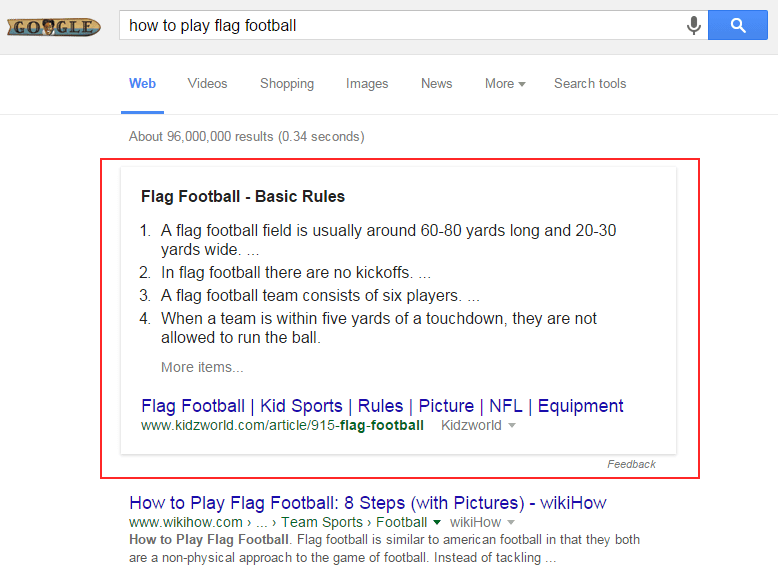There is no denying that voice search has made a huge impact in the past 5 years, but as it continues to grow, can we determine whether it is actually ready yet?
Voice search has been deemed as a popular alternative to a text search query as it takes a lot less time to get a result. Voice search has meant that many businesses have had to completely structure their content on their websites to get the most out of this method of search. In more detail, businesses have had to optimise their websites to sound more conversational, introducing content that is easily interpreted and crawled by Google.
A big factor to consider for voice search is businesses are implementing more localised content onto their landing pages to try and get ranked for ‘near me’ enquiries. With 2020 now in full swing, voice searches are now 3x more likely to be local-based than text searches.
Predictions for 2020 were that 50% of searches would be screenless, but with 10 months to go, we’re yet to see if voice search is actually ready or not.

Current Voice Search Position
It’s still early days in the world of voice search but digital assistants are becoming increasingly popular throughout our homes and on mobile devices, and their ubiquity will only increase.
Businesses are becoming obsessed with being position zero, the first featured position in a search result. If you want your website to be mentioned as a featured snippet in a given query, you will need your website and profile to provide complete, succinct answers to the popular questions being asked.
An Example of Position Zero

Being in this position shows Google likes your content and thinks it answers the query well. A google example of a featured snippet is answering a question with a list.
Tailoring Your Site
Currently, being the most relevant for a given voice search is all about giving the search what it needs to tailor response for the user, a user whom the voice assistant knows intimately.
If there is more context offered, there is more likelihood that a digital assistant will pair your business with a potential customer.
For example, if you are looking for a restaurant nearby, this means ensuring the search engine can find accurate information on websites regarding not just location and hours, but also customer reviews.
How to Tailor Your Site
Answer Questions Cleverly
When searching, people generally tend to ask questions.
The first step to perfecting your content is to repurpose necessary blocks of text with questions words like “how” and “why.”
However, some questions are answered by Google’s SERP page at the top, making your content obsolete. Here’s a few tips to help you overcome this:
-
Answer more complex questions
-
Create an FAQ
Focus On Local SEO
Local information is what voice assistants thrive off. Research has shown that people are always looking for places to shop, eat, bars to visit and general events happening around them.
Having your phone’s location on will help you discover places that are around you. Typing in a query and then adding “near me” will help with this local query. In fact, most people search on their mobiles do so with local intent.
When ranking local results, you need to have your business name, address, and phone very apparent across the web. Google will use this information to determine the legitimacy of your business.
Understand How Customers Use Voice Search
In this case, a good approach would be to actively see what customers are saying by reaching out. Collect some data from customers buying within your industry to see exactly what they are searching for. Here are a few ways:
-
Conduct surveys
-
Use community websites like Quora or Reddit
-
Google Analytics and Google Search Console help to discover questions that are being asked.

Has Voice Search Improved?
There is no doubt that voice search has improved user experience, but has it actually improved?
In 2013, 85% of iOS users said that they didn’t use Siri. However, Siri and Google are now leading the way in 2020.
A major flaw in voice search was that the initial adoption of personal assistants was due to the inaccuracy of word recognition in certain queries.
However, Google has improved its capabilities from 80% to above 90%.
Features That Have Improved
Microsoft Cortana
Voice search query length on Cortana is 3 words. Cortana is the personal assistant by Microsoft and when released, it saw 33% of queries from voice search.
Question Phrases Dominate Voice Search
Conversational words like “who”, “what”, “where”, “when” and “how” are showing a 61% increase in search. Such phrases have a higher probability to occur in natural speech, rather than just in typing. With voice search, you won’t simply say a name, you will ask who that person is.

Brands Involvement in Voice Search
Evri
Evri (formerly Hermes) has introduced voice search effectively into their tracking service. All you need is an Amazon Alexa and a parcel that is either linked with your account or you have your 16 digit tracking number.
Evri has implemented the Amazon Alexa into their tracking for the following reasons:
-
Saving time by tracking with a voice
-
Easy to use as it remembers voice commands
-
Link your accounts for easy parcel access
For example, “Alexa, ask Evri where my parcel is?”
Purina
The leading pet food brand Purina have effectively introduced Ask Purina, an Alexa skill that people can use to find dog breed information.
For example, a user can ask “Tell me about dogs that are hypoallergenic” to hear about dog breeds that fit the bill. It is safe to say that Purina is solidifying itself as leading pet food and supplies giant, even before consumers have had a chance to consider other brands.
Esteé Lauder
When it comes to skincare, Esteé Lauder only wanted one voice to be heard. By partnering up with Google Home, they activated voice-skincare representative called Liv who was able to answer questions about all things skincare related.
People can ask Liv about certain types of products, skincare routines and many more. Unlike other searches, Liv gives customers just one answer and then recommends Esteé Lauder products in her replies.

Is Voice Search Transactional Yet?
Although transactional searches can be conducted on some devices, statistics are indicating that voice search isn't happening, yet. This makes the ranking for informational and navigational searches highly competitive, unless you already ranking highly, essentially number one for these searches.
At the moment, only 5% of smart speaker owners make transactions with their devices on a monthly basis. Consumers may lack a certain amount of trust with voice assistants, especially in terms of transactional purposes.
Conclusion
We can safely say that voice search is in its infancy. Due to the sheer scale of its increase in growth over the past 5 years, voice search is well on its way to being the norm for searches.
Your time is now, develop your local SEO to engage more customers that are near you. Optimise your content on your website to include more long-tail keywords and complex questions.
Understanding what your customers search for is key and will help your business to capture the featured snippets its been waiting for.


.svg)

